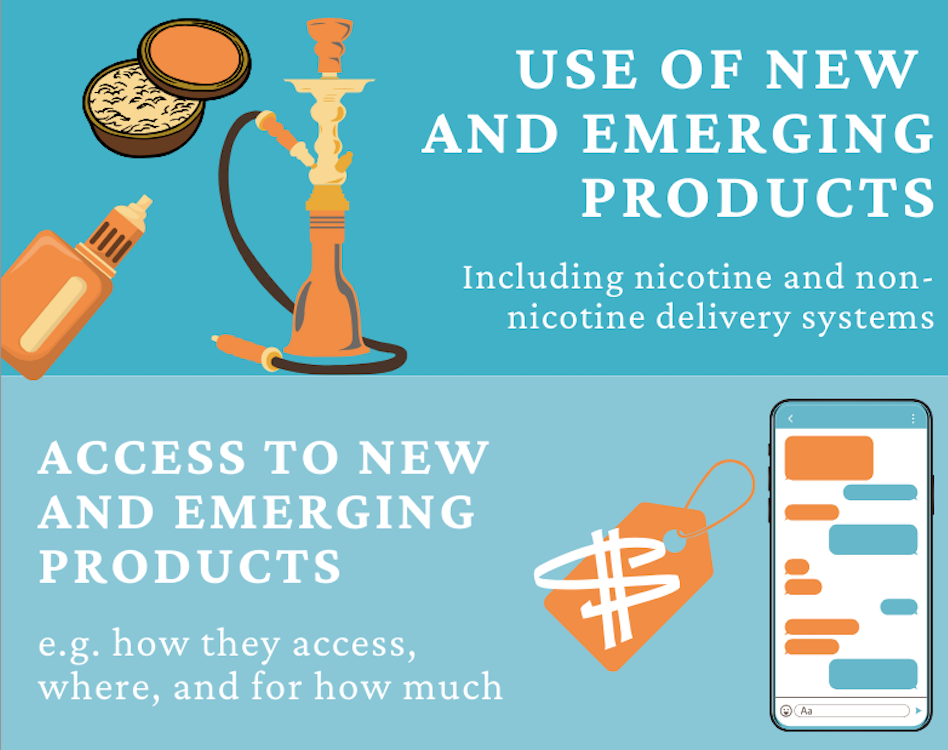Introducing the CCAPS Conflict Dashboard to Visualize Conflict Trends in Real Time
The Strauss Center’s program on Climate Change and African Political Stability (CCAPS) analyzes how climate change could impact African and international security. Program research explores the drivers of climate insecurity, links between climate change and conflict, national responses to shocks and conflict, and the impact of adaptation aid responses.
Development Gateway is proud to announce the launch of CCAPS’ Conflict Dashboard, the latest in CCAPS’ map dashboard series which allow users to visualize datasets from many sources and CCAPS’ climate vulnerability model together on a map. Development Gateway, leveraging Esri technology, created the three dashboards, the CCAPS Dashboard, Aid Dashboard, and Conflict Dashboard.
The Conflict Dashboard combines the Social Conflict in Africa Dataset (SCAD) and the Armed Conflict Location and Event Dataset (ACLED). SCAD includes a wide range of events, from riots, protests, and strikes, through government violence against civilians, between 1990-2011, while ACLED focuses more on traditional conflict events and tracks events monthly (currently through January 31, 2013).
With the Conflict Dashboard dashboard, users can see broad trends such as the most common types of conflict events, the use of government repression, or the proliferation of different types of actors over time through charts on the right-hand side of the map. At the same time, users can overlay actual conflict events with geographic ethnic power relations, national GDP levels, or local population density levels. All conflict data are filterable by time, type of event, actor name, and many other criteria, creating a highly interactive and customizable user experience for researchers and policymakers.
After filtering and customizing their dashboards, users can share their results through Twitter, Facebook, Email, or other outlets, and can embed their maps in their own blogs or websites. Visit http://ccaps.aiddata.org/conflict to see what you can learn.
Share This Post
Related from our library

Economic Toll of Tobacco-Related Diseases in Kenya: New Research Findings
Development Gateway: An IREX Venture (DG) is pleased to announce the publication of a research manuscript on the Economic Costs of Tobacco-Related Illnesses in Kenya. This research was carried out as part of the Tobacco Control Data Initiative (TCDI) activities in Kenya and is part of a broader report on Morbidity and Mortality from Tobacco Use in Kenya.

Unlocking Africa’s Agricultural Potential: Introducing the Soil Nutrient Roadmap
For over a decade, Development Gateway: An IREX Venture (DG) has been at the forefront of digital agriculture, leveraging agricultural data to support input monitoring, value chain analysis, and farmer-centric governance models. With funding from the Gates Foundation, DG is launching the Soil Nutrient Roadmap (SNR), a cutting-edge initiative using geospatial data to estimate current and future soil and crop nutrient requirements.

Diving into the DaYTA Program’s Data Collection Process
This blog explores key insights from the DaYTA program, offering practical guidance for researchers on effective data collection, overcoming field challenges, and leveraging local partnerships to enhance tobacco control efforts. This piece is especially timely following DaYTA’s workshop convening all 3 study country stakeholders to review the survey results and strategize on how best to disseminate this data to target audiences. This workshop took place from in Lagos, Nigeria, from November 18-20th.